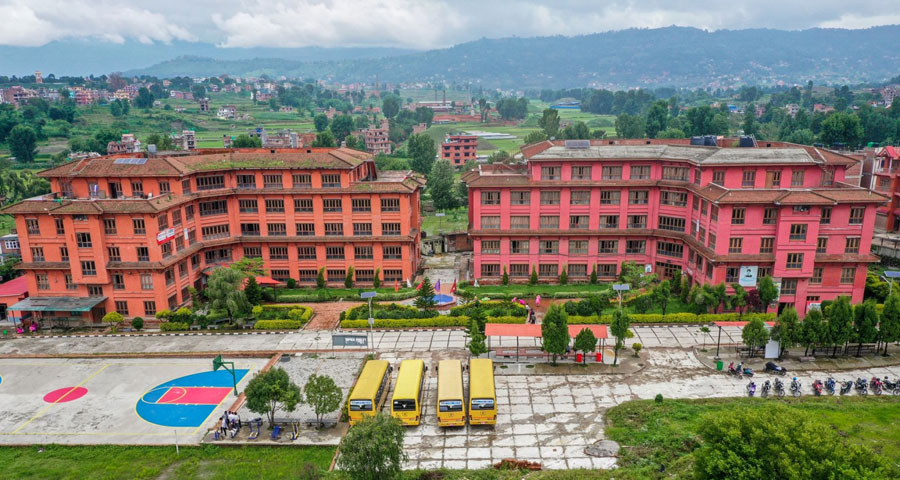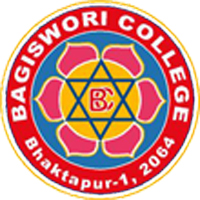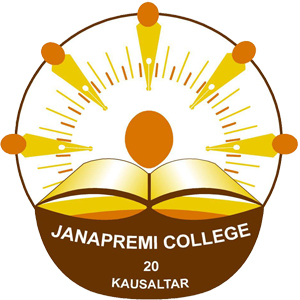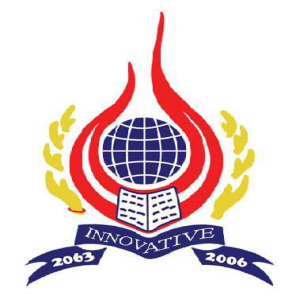Overview
Bachelor of Arts in Social Work (BASW) at Khwopa College, Bhaktapur
Bachelor of Arts in Social Work (BASW) at Khwopa College, Bhaktapur, affiliated with Tribhuvan University, prepares students for community-focused practice through classroom learning, fieldwork, and research.
Khwopa College runs BASW as a community-serving program under Bhaktapur Municipality. Learning connects directly with local wards, schools, health posts, and NGOs so students apply theories in real settings around Bhaktapur Valley.

Highlights
-
TU-affiliated four-year program following the national BASW framework
-
Fieldwork each academic year under faculty supervision
-
Writing labs and new media training to strengthen reporting and advocacy
-
Access to college library, journals, and EMIS-supported notices
-
Scholarships for entrance merit, internal toppers, and defined community quotas
Curriculum Details
The BASW syllabus follows TU guidelines and includes:
-
Foundations of social work, human behavior, and Nepal’s social structure
-
Community organization, social policy, and welfare administration
-
Research methods, statistics for social research, and project work
-
Thematic papers such as public health, environment, gender, and child protection
-
Field seminars, case work, group work, and agency placements
Students complete reflective journals, community profiles, and small research studies tied to Bhaktapur’s social context.
Objectives
-
Build practical understanding of social systems in Nepal
-
Prepare students for entry-level roles in community development and social services
-
Develop ethical practice, clear documentation, and responsible advocacy
-
Connect classroom learning with real community needs
Scope
Graduates work in NGOs, INGOs, schools, local government programs, social protection projects, public health outreach, environment and disaster risk reduction units, and media-related social campaigns. Several pursue MA in Social Work, Sociology, Rural Development, or Public Health.
Learning Outcomes
-
Apply social work methods in community settings
-
Conduct basic research and present data-driven reports
-
Coordinate with local stakeholders on education, health, and sanitation tasks
-
Demonstrate ethical conduct, teamwork, and case documentation
Skill Development Modules
-
Academic and journalistic writing for reports and case notes
-
New media tools for documentation and awareness
-
Project management basics: planning, budgeting, monitoring, and evaluation
-
Psychosocial support orientation and referral mapping
Teaching Methodology
-
Regular classes with tutorials and guided readings
-
Field visits and weekly agency placements
-
Seminars with visiting practitioners and municipal officers
-
Assignments, presentations, internal exams, and a pre-board before TU finals
Admission Requirements
-
Minimum D grade in each subject of Grades 11–12 with CGPA 1.8 or above, or second division in 10+2/PCL/equivalent
-
Applicants awaiting Grade 12 results may apply as per college notice
-
College counseling or interview as announced during admission
Career Opportunities
-
Community mobilizer, field officer, counselor assistant, program associate
-
Roles in education support, child rights, WASH, environmental outreach, and media-based advocacy
-
Pathways to postgraduate study and specialized certifications
Scholarships and Financial Aid
-
Entrance-merit fee waivers as per sessional policy
-
Performance awards for internal or TU exam toppers
-
Enhancement schemes for community-school graduates per defined rules
-
Partial-to-full support for academically strong students with financial need, subject to committee review
Why Choose This Course?
BASW at Khwopa College links teaching with the municipal development agenda, enabling students to practice in real communities around Bhaktapur. Field supervision, writing labs, and new media sessions strengthen employability without burdening families with high costs.
Conclusion
BASW at Khwopa College serves students seeking grounded social work education under TU. Classroom learning, field exposure, and community ties help graduates step into service roles or move on to advanced study with a clear understanding of Nepal’s social needs.

















